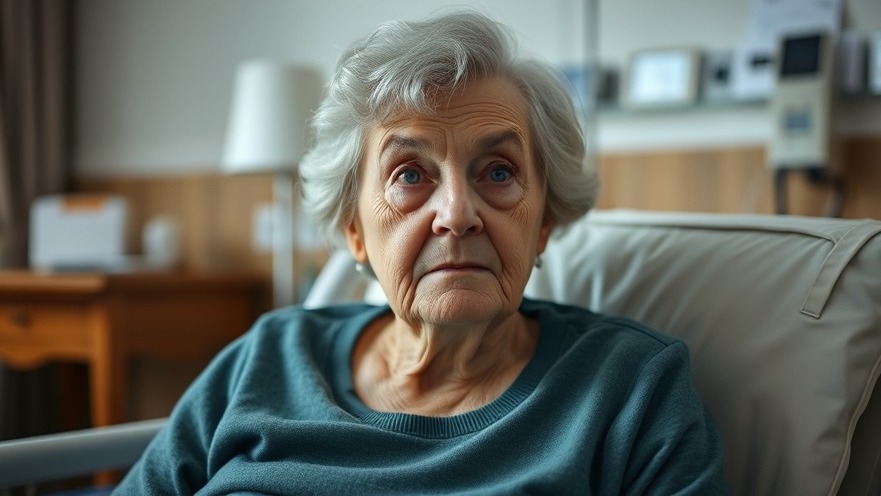
Growing older should never mean giving up your rights. But too often, seniors are mistreated or neglected—silenced by the very institutions meant to protect them. As an elder abuse and medical malpractice attorney, I’ve seen the damage that neglect can do, and I’ve made it my mission to stand up for those who can't always stand up for themselves.
My work isn’t just about filing lawsuits. It’s about guiding families through the complex maze of elder law, holding bad actors accountable, and making sure seniors are treated with the respect and care they deserve.
The Legal Maze Seniors Face
Elder law isn’t simple. It’s a tangled web of federal and state regulations that cover everything from care standards in nursing homes to patient rights in hospitals. Most families aren’t prepared to deal with this complexity—especially during times of stress or crisis.
That’s where I come in. Whether it’s helping a family understand their options after a loved one is injured, or going to court to seek justice, my job is to turn confusion into clarity and helplessness into action.
Abuse Comes in Many Forms
People often think elder abuse only means physical harm. But abuse and neglect can take many forms:
Medical neglect, like untreated infections or medication errors
Emotional abuse, including threats or humiliation
Financial exploitation, such as theft or coercion
Neglect, where caregivers fail to meet basic needs
These harms often happen quietly—in nursing homes, hospitals, or even in family homes. Many go unreported.
What I Do for My Clients
My work focuses on three key areas:
Investigating Abuse: I dig into medical records, facility reports, and witness accounts to find the truth behind a senior’s injuries.
Filing Legal Claims: I bring civil cases against negligent individuals or institutions to seek justice and compensation.
Empowering Families: I educate loved ones on how to recognize warning signs and take early action.
Legal action not only brings closure and justice but often sparks changes that protect other seniors down the line.
Know Your Rights—and Use Them
Every senior has the right to safe, respectful care. Federal laws guarantee residents in long-term care facilities:
Freedom from abuse and neglect
The right to make decisions about their treatment
The right to voice concerns without fear
But these rights mean little if you don’t know how to use them. I help families enforce these protections and ensure facilities are held accountable when they fail.
Preventing Harm Before It Happens
Some of the most effective legal work happens before disaster strikes. If your parent is entering a nursing home, I can help review contracts, check a facility’s complaint history, and advise on what to watch for. If you’re worried about medical care, I can help assess treatment records and look for signs of malpractice.
Proactive legal support doesn’t just prevent harm—it gives families confidence and peace of mind.
Common Mistakes to Avoid
Families often come to me too late—after damage has been done. Here are the most common pitfalls:
Waiting too long to act after an incident
Failing to document injuries, complaints, or changes in behavior
Not reporting suspected abuse to state authorities
Trusting systems that aren’t built for transparency
Your instincts matter. If something feels off, it probably is.
Conclusion: Seniors Deserve Better
The elderly deserve more than care—they deserve advocacy. They deserve to be seen, heard, and protected. Elder law attorneys like myself exist to make that happen.
Whether it’s fighting in court for justice or helping families recognize the warning signs of neglect, I work to ensure that every senior’s final years are marked by dignity—not silence.
For more information, visit Kenneth D. St. Pé, APLC at stpelaw.com.
 Add Row
Add Row  Add
Add 

 Add Row
Add Row  Add
Add 

Write A Comment